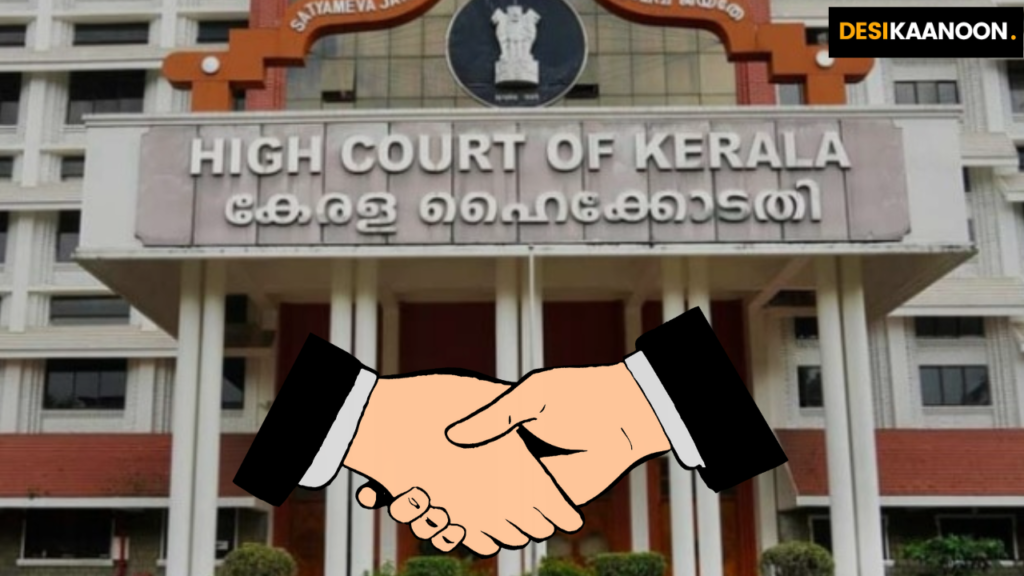Aastha Pareek
In a recent landmark decision, the Kerala High Court dismissed a petition seeking to quash the case against Abdul Noushad, who was charged after publicly criticizing a Muslim law student for shaking hands with the former Finance Minister, T.M. Thomas Isaac, at a public event. Noushad had claimed that the student’s handshake violated Sharia law, even going as far as accusing her of adultery in social media posts. This led the student to file a complaint, and Noushad faced charges under Section 153 of the Indian Penal Code for provoking rioting and Section 119(a) of the Kerala Police Act for degrading the dignity of a woman.
Justice P.V. Kunhikrishnan, who presided over the case, strongly rejected Noushad’s arguments and upheld the criminal charges. The judge emphasized the principle of personal freedom guaranteed by the Indian Constitution, particularly in matters of religious belief. Referring to Article 25 of the Constitution, which grants the freedom to profess, practice, and propagate religion, he made it clear that this right does not allow individuals to impose their religious practices on others. He stated, “Religious beliefs are personal. There is no compulsion in religion, especially in Islam. One cannot compel another to follow his religious practice… Religious practice is a personal choice of every citizen of this country”.
Justice Kunhikrishnan further cited verses from the Quran to underline that even Islamic teachings advocate for personal freedom. He highlighted Surah Al-Baqarah (2:256), which states, “There is no compulsion in religion,” and Surah Al-Kafirun (109:6), which says, “For you is your religion, and for me is my religion,” to demonstrate that the handshake, while possibly seen as impermissible by some interpretations of Islamic law, was ultimately a personal decision.
The judge added that the right to propagate religion does not extend to forcing others to comply with religious norms. He said, “The right to propagate religion does not mean that religious practices can be imposed on others. Articles 25 to 28 of the Constitution of India do not permit a person to impose his religious beliefs on another.” He emphasized that the Constitution is the supreme law, and any societal or religious practice must be in accordance with its provisions.
The court’s decision underscores the importance of individual rights and freedoms in a diverse and secular society like India. It sets a significant precedent that no religious belief can supersede the Constitution, and societal practices must evolve to support and protect personal freedoms, especially in cases involving gender and dignity.
Thus, the High Court not only dismissed Noushad’s petition but also directed the lower court to expedite the trial, ensuring that the student’s rights were protected while holding those responsible for defamation accountable under the law.
Case Name:- Abdul Noushad @ Noushad Ahsani v State of Kerala
Case Number:- CRL.MC NO. 2575 OF 2018
Bench:- Justice P.V. Kunhikrishnan

